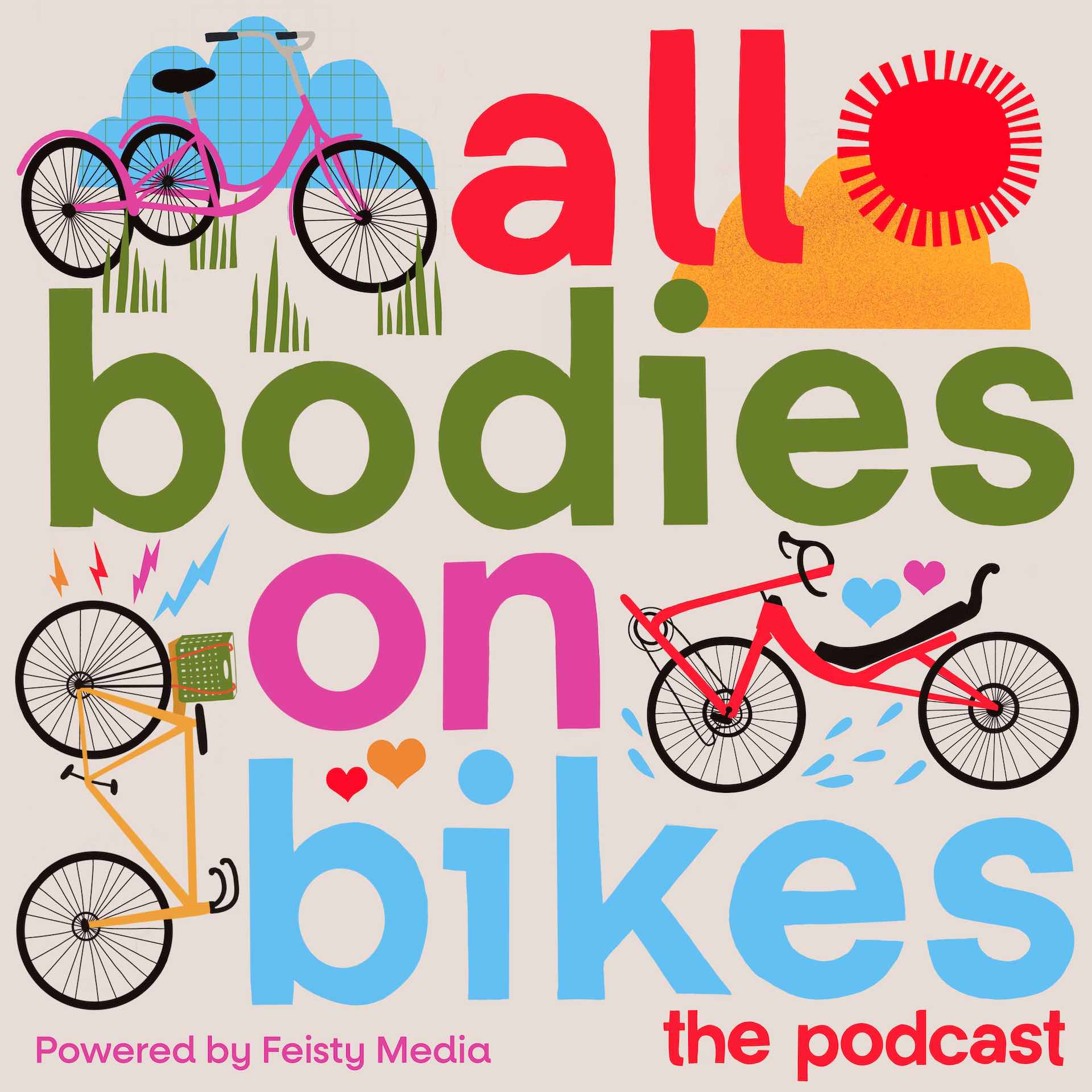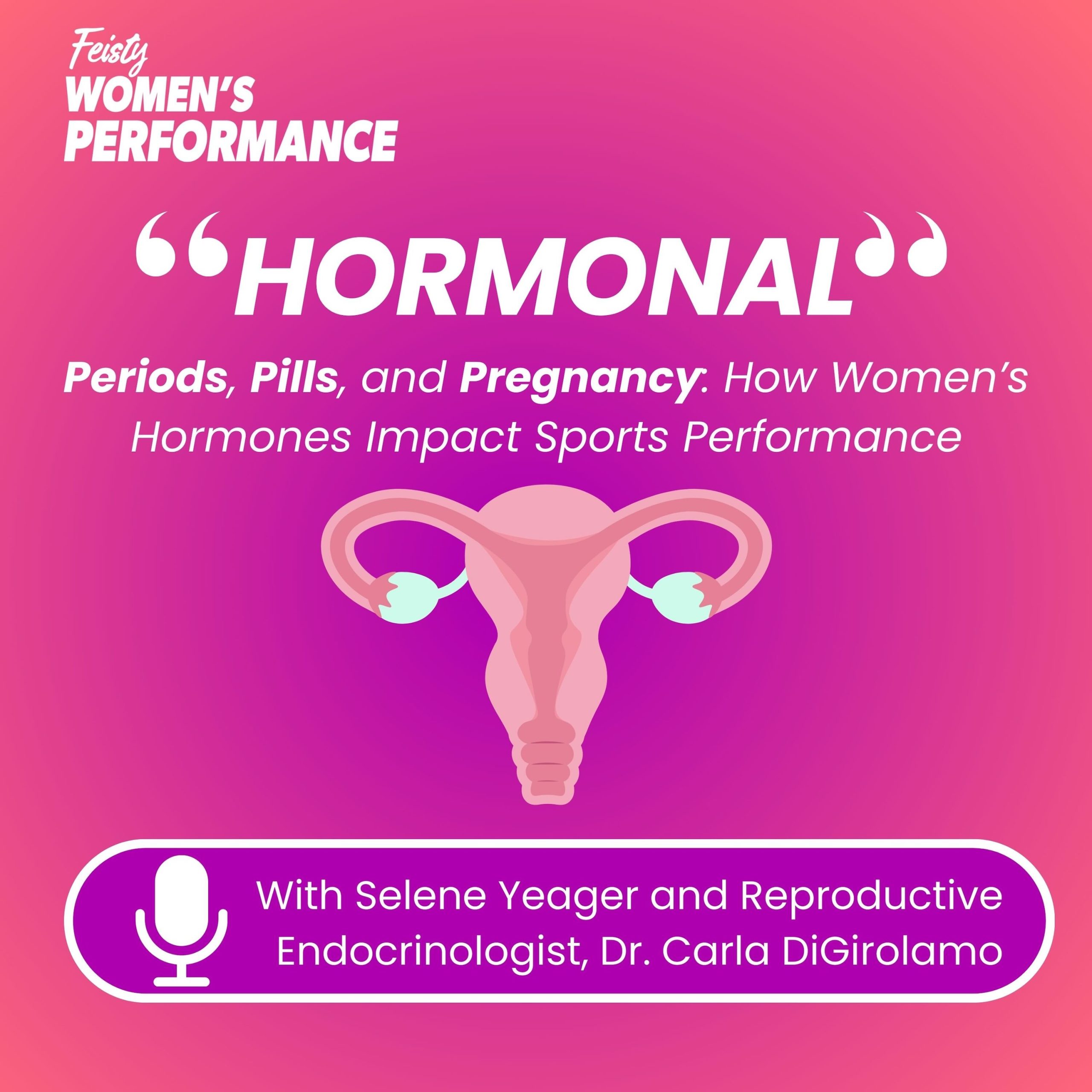
Listen
In this Episode
I’ve long used cycling as a tool in my mental health toolbox, and as I’ve gotten more public with my mental health struggles and started talking about it on social media, it turns out i’m not alone.
My anecdotal experience is supported by a number of scientific studies that have come to a similar conclusion, namely that “Cycling for transportation may also have important mental health benefits. Some studies have demonstrated a decrease in depression symptoms,34,35 while others have demonstrated an overall increase in emotional well-being and happiness.36,37 (Marques A, Peralta M, Henriques-Neto D, Frasquilho D, Rubio Gouveira É, Gomez-Baya D.. Active commuting and depression symptoms in adults: a systematic review. Int J Environ Res Public Health 2020;17(3):1041. [PMC free article] [PubMed] [Google Scholar])
While I didn’t do enough research to dive into the findings between recreational cycling and mental health, I’m going to assume that there’s a link there too.
But what happens when you’re in a bigger body and your experience, fitness, or motive for riding is called into question? I recently had a reel go viral on Instagram, where I tongue-in-cheek present stereotypes about fat cyclists that are actually true. This reel hit a nerve, as I received over 2000 comments echoing my experience.
Follow us on Instagram:
@allbodiesonbikes
@feisty_media
All Bodies on Bikes Website: https://www.allbodiesonbikes.com/
Feisty Media Website: https://livefeisty.com/
Register for Summer STRONG Course: https://www.womensperformance.com/strong


 Apple Podcasts
Apple Podcasts Spotify
Spotify


